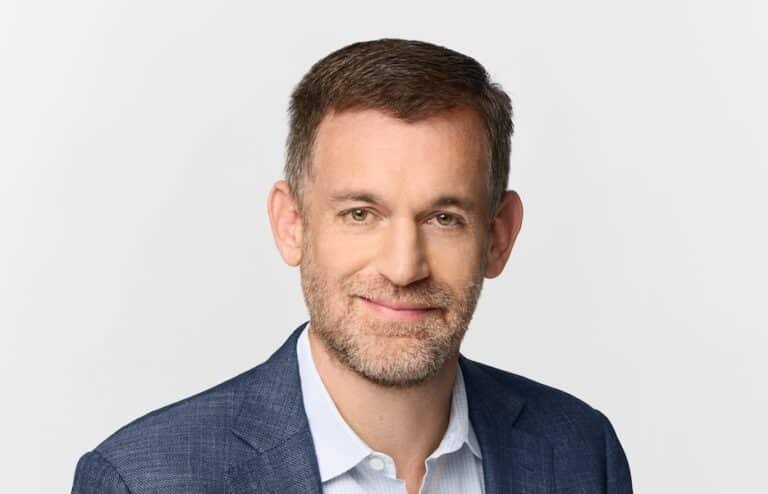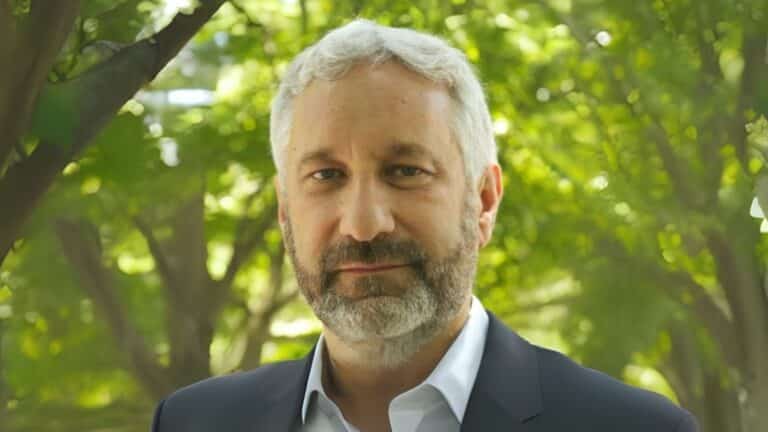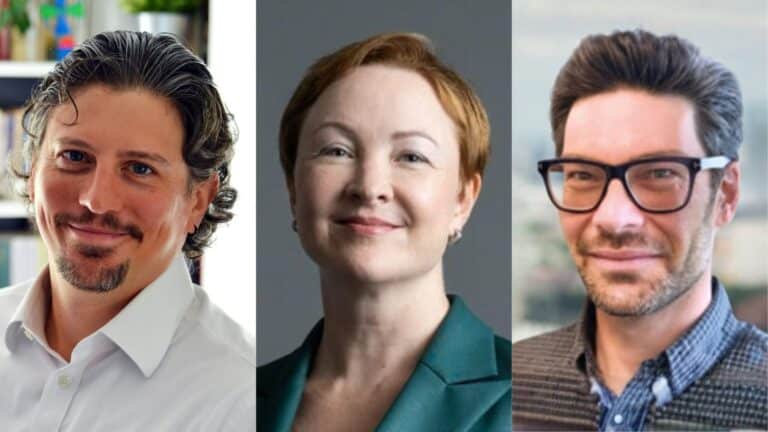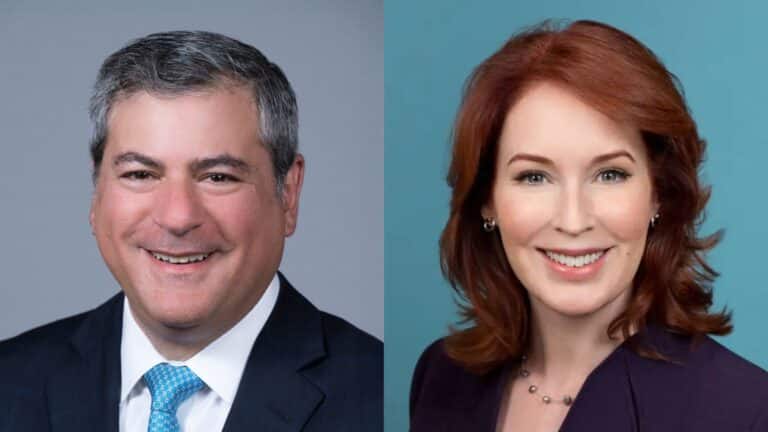This website uses cookies as well as similar tools and technologies to understand visitors’ experiences. By continuing to use this website, you consent to Columbia University’s usage of cookies and similar technologies, in accordance with the Columbia University Website Cookie Notice.
The challenges of providing reliable and affordable supplies of electricity in the U.S., not to mention cleaner forms of power, have been evident recently with the rash of unusually cold weather in Texas. Millions of Texans were left without power and drinkable water for days as the state’s grid nearly collapsed.
And as worries grow over the frequency and intensity of big storms, the power sector as well as policymakers in Washington and the states are looking more closely at steps needed to assure the reliability of the grid even as climate change makes these events more worrisome.
In this edition of Columbia Energy Exchange, host Bill Loveless is joined by Lynn Good, the chair, president and CEO of Duke Energy, one of America’s largest energy holding companies, with more than 7 million electric power customers in the Southeast and Midwest and nearly 2 million natural gas customers in five states.
Bill reached Lynn at Duke Energy’s headquarters in Charlotte, North Carolina, to talk about the situation in Texas and what it might mean for utilities in other states, as well as her company’s goal of providing electricity with net-zero emissions by 2050, a target well short of the 2035 mark for that achievement set by President Biden and congressional Democrats.
Lynn and Bill touched as well on the similarities and differences in the cleaner-energy positions of the Biden administration and the power sector, and how she thinks the conversation could proceed to find some agreement on policies that would support a carbon-free power sector as soon as possible.
Lynn has been Duke Energy’s CEO since 2013, having served previously as the company’s chief financial officer and a leader of its commercial energy business. She began her utility career in 2003 with Cincinnati-based Cinergy, which merged with Duke Energy three years later. Prior to that, she was a partner at two international accounting firms, including a long career with Arthur Andersen.
More Episodes
Building Energy Policy on Evidence
Elected officials face huge challenges when it comes to energy policymaking. They have very little time to learn complicated, nuanced issues. They're bombarded by information — some of...

A Changing Atmosphere at the Upcoming UN Climate Summit
The ten years since the Paris Agreement was signed at the UN Climate Change Conference, COP 21, have been the ten hottest years on record. And the outcome...

Unpacking Recent Sanctions on Russian Oil
Last week, President Trump announced that he was imposing significant new sanctions on Russia. It’s an effort to cut off revenue Russia needs for its war in Ukraine....

‘The Return of the Energy Weapon’
Energy has long been used as a weapon. The United Kingdom blocked oil exports to Germany during World War I. Hitler’s fall was due in part to losing...

Relevant
Publications
American Automakers Need Chinese Batteries
High political walls are hurting an industry vital to the character of the country.

Making Sense of the World Energy Outlook
The energy transition is not inevitable—but neither is business as usual.

COP30 and Beyond: The Implications of a New Era of Discord in Global Climate Politics
As diplomats meet in Brazil for COP30, global resolve to tackle the climate challenge appears badly frayed.

Firms and Families: Sequencing Industrial and Household Electrification Policies in Africa
Most African countries today are faced with a dual challenge: how to industrialize and expand electricity access at the same time.

